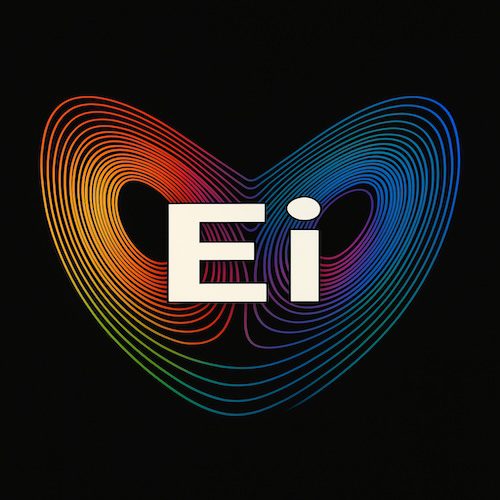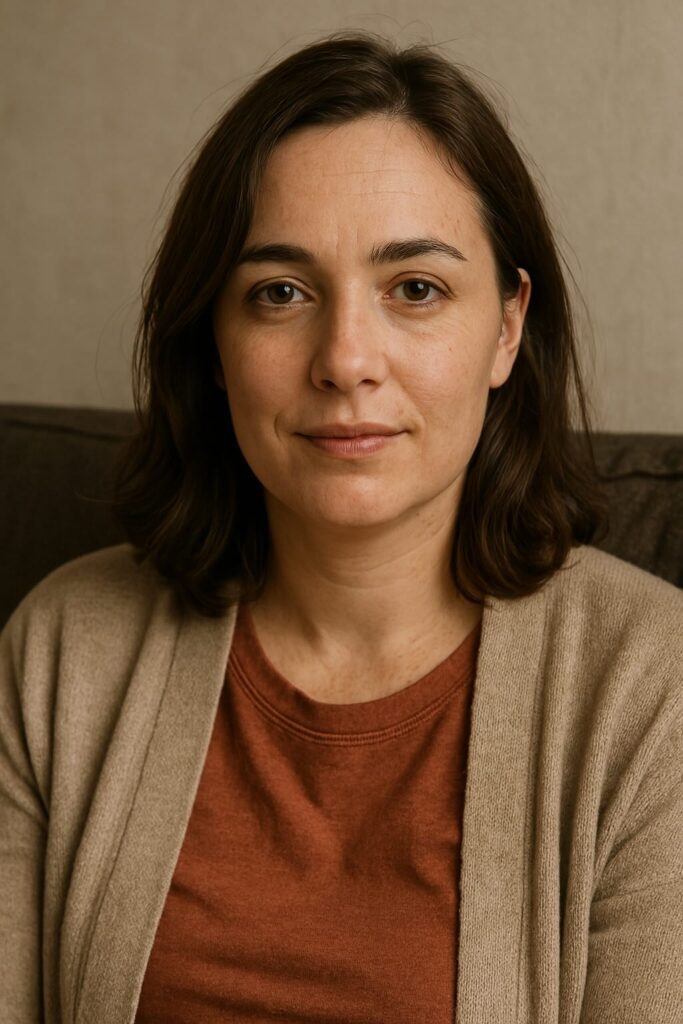Meet Jordan….
– the mother of River, the mother of a child with complex healthcare needs. Her story, rich with resilience, challenges, and unwavering love, forms the foundation of our first AI-driven patient model.
Developed through rigorous qualitative research—including in-depth interviews and collaborative analysis led by Dr. Jason Cook and his colleagues—this model seeks to authentically represent the multifaceted experiences of caregivers.
By integrating narratives like Jordan’s, we aim to create tools that enhance empathy, communication, critical thinking, and real-time clinical reasoning among healthcare professionals.
Our current models are created from cited, humanistic qualitative and mixed methods designs, grounded in scientific rigor and methodological excellence. However, we foresee a future where model development itself is an evolving research endeavor—one that is co-constructed with participants from the beginning, integrating their voices directly into the formation of the models.
Our methodology emphasizes co-construction, ensuring that the voices of individuals like Jordan remain central throughout the development process. This includes participant feedback loops, confirmability measures, and member-checking practices to validate the authenticity and emotional depth of the AI model’s responses.
Future models will build upon this framework, drawing from a rich tapestry of human experiences shaped by varied perspectives, backgrounds, and life journeys—capturing the true complexity of humanity without relying on labels.
The link will take you to the login page. If you do not have access- please contact Dr. Cook
Looking Ahead
“Jordan, the Mother of River” is just the beginning.
Through this model, we are pioneering the integration of real-time assessment feedback and creating repeated opportunities for psychomotor development of crucial professional skills: communication, empathy, critical thinking, emotional regulation, and patient-centered decision-making.
As we move forward, every model developed will include documented references, citations, and the rigorous qualitative processes that shaped their creation. Each model will stand as a scientific artifact: grounded, referenced, and evolving through collaboration.
The future of model development will embrace the integration of co-constructed models, built with participant voices at the core. These models will redefine how we assess trustworthiness and resonance in qualitative education, incorporating active member-checking with participants to co-create models that reflect the vibrant complexity of the communities we serve.
The Vision
The Existence Initiative believes that this work is more than technological innovation—it is a bridge to a future where technology supports, uplifts, and learns from the lived experience of humanity.
This approach has the potential to connect entire universities—not just within health sciences, but across disciplines: social work, humanities, physical therapy, occupational therapy, speech-language pathology, medicine, veterinary sciences, and beyond.
Through building a shared language of human experience, grounded in methodological rigor and ethical integrity, we believe this initiative will become a connective tissue for institutions—bringing educators, researchers, clinicians, and students together around a common purpose: advancing human-centered care for all.

